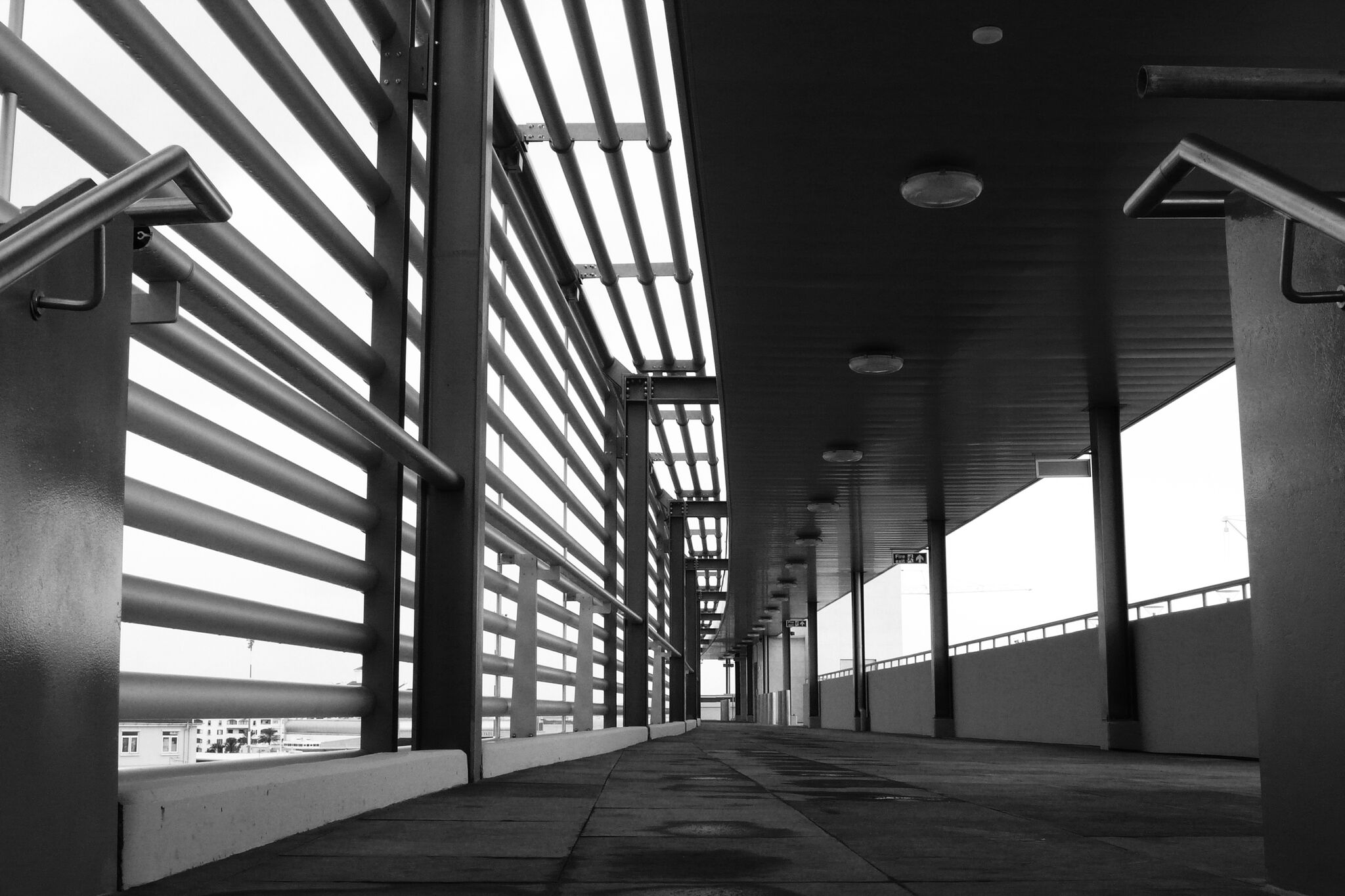Gibraltar Construction News
THE DEPARTMENT OF THE ENVIRONMENT & CLIMATE CHANGE (DECC)

04 Jul 17
By Catherine Walsh
Share this article:
THE DEPARTMENT OF THE ENVIRONMENT & CLIMATE CHANGE (DECC)
DECC is responsible for the implementation of the Environment (Energy Performance of Buildings) Regulations 2012. These stem from the Energy Performance of Buildings Directive which aims to reduce the amount of energy consumed by buildings.
About 40% of the EU’s carbon emissions come from buildings and in Gibraltar, the figure is even higher: buildings are responsible for over 60% of total emissions, with residential buildings accounting for 36% of these. Consequently implementing legislation and facilitating measures that reduce the amount of energy consumed by buildings are key focus points for DECC since these also form part of its wider policy to combat climate change.
The Regulations set minimum standards for new and existing buildings to be met, as calculated using a specialised software programme called the Simplified Building Energy Model (SBEM). This calculates the energy performance of a building which is essentially the amount of energy deemed to be necessary to meet the different needs associated with a standard use of the building, including heating and cooling, lighting and provision of hot water. In order to do so it takes into account numerous factors such as the physical configuration of the building, the internal conditions to be maintained, factors affecting fabric and ventilation heat losses such as insulation levels and airtightness as well as information about building services systems.
The legislation also places a requirement on developers of new buildings to carry out an assessment of the potential for alternative energy systems prior to the start of construction. This means that opportunities for renewable energy integration are identified at the start of the project, making it more likely that these can be implemented successfully and at the least cost. Under EU legislation, new buildings need to be moving towards being ‘nearly zero’ energy by 2020. This essentially means that buildings must be designed to be as energy efficient as possible and that the energy that they do require should come in significant part from renewable energy sources. The SBEM programme and the building standards on which it is based are being updated to reflect the move in this direction, tightening the requirements for a building to meet the minimum energy performance standards. Next year these standards will undergo an assessment to ensure that minimum energy performance requirements have been designed to achieve cost optimal levels and identify any potential to strengthen these requirements in a way that reduces both primary energy use and life cycle costs.
The DECC also consults on other aspects of the building and planning process and has taken on the role of being a ‘green filter’. It is a statutory consultee in Environmental Impact Assessments and also the competent authority for Appropriate Assessments required under the Nature Protection Act. Gibraltar is a small place and it is particularly important to ensure that new development does not encroach on existing natural areas of vegetation or coastline. It is also important that protected species are considered and afforded the level of protection that they require, even if this means that certain developments, or aspects of a development, need to be changed or removed. The DECC always strives to support the sustainable development of projects wherever possible and has, for example, been involved in the successful relocation of the Mediterranean Limpet which was necessary for a project to proceed.
Officers from DECC can also conduct ecological surveys including swift and bat surveys prior to any renovation or demolition works. A requirement for the replacement or provision of swift nests and bat boxes is also set by the team as a standard requirement now.
In addition to all these concerns, the DECC also provides recommendations in relation to landscaping, provision of green areas, it details refuse requirements and promotes sustainable mobility solutions wherever possible such as by requesting the inclusion of electric charging points in new parking areas and the provision of cycle parking in new developments.
Development and construction have an inherent environmental cost but there are many ways in which this can be reduced:
HM Government of Gibraltar is committed to a sustainable planning and development policy and the team at the Department of the Environment & Climate Change is instrumental in helping to deliver this.
Share this article:

